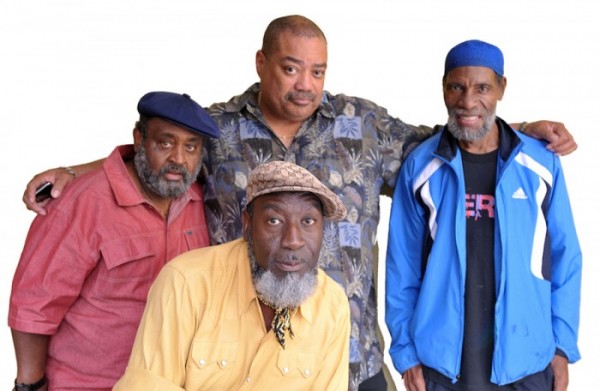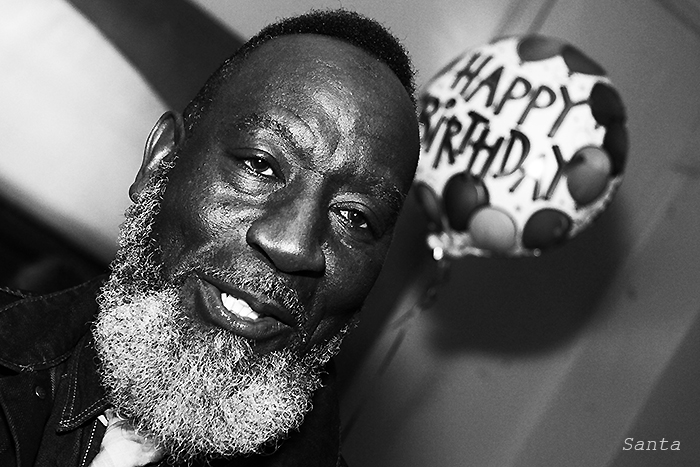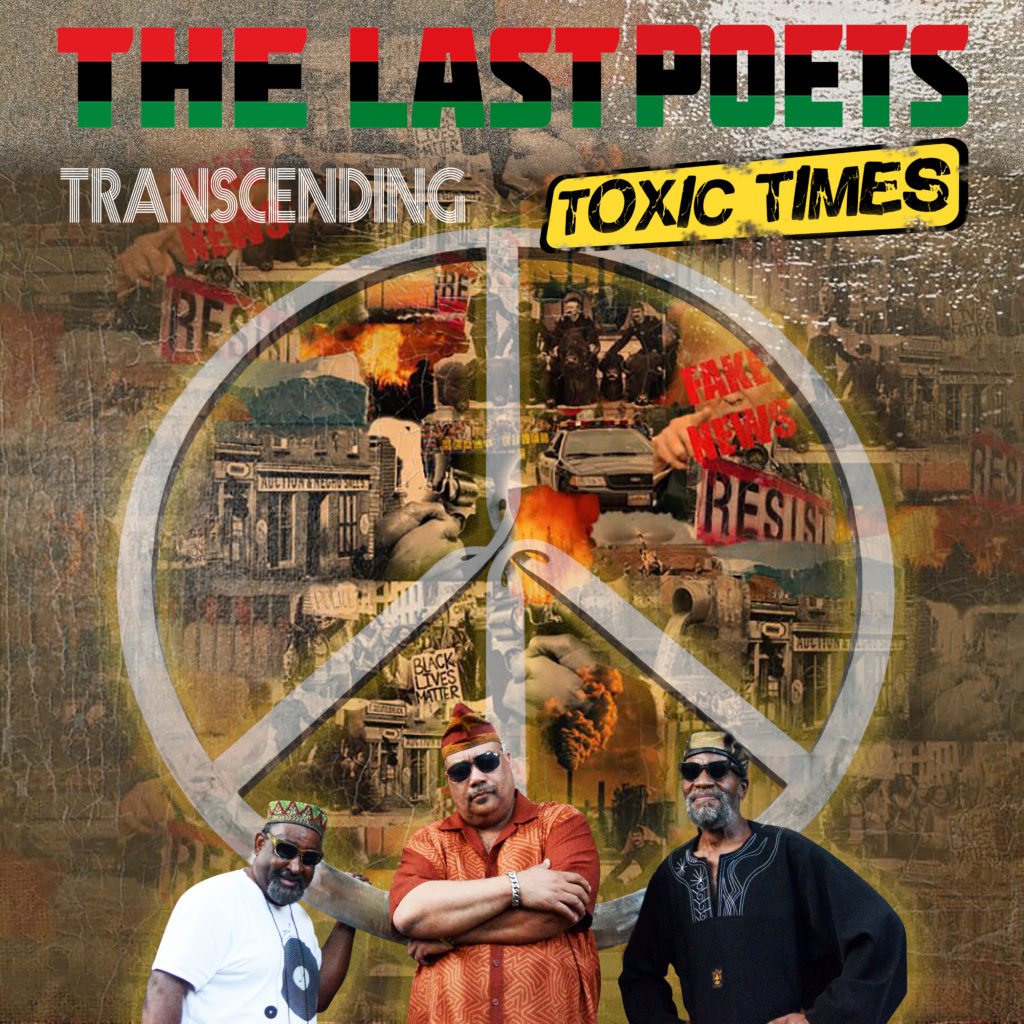My DownBeat article about Transcending Toxic Times, the compulsively listenable, critically political album by the Last Poets produced by electric bassist/composer Jamaaladeen Tacuma, includes a lot of quotes from my interviews with him and poet Abiudon Oyewale.

I reproduced some of the searing imagery/lyrics on the recording, and provided background on how these men have been calling out American mendacy and hypocrity for half-a-century, as black street seers emerging in the late 1960s — before poetry jams, signifyin’ djs or rappers — backed by African-American percussion. But there’s more to tell.

photo by Sánta István Csaba
Firstly: Tacuma, who positions the declamatory truths amid truly music, often ebullient and genre-defying settings performed by his core collaborators, most of whom are Philadelphians, may still be best known for adding profound buoyancy to my hero Ornette Coleman‘s electrically amplified band Prime Time. But he’s been a recording artist under his own name since an inspired string of 1980s albums for Gramavision (now only Renaissance Man, second of five, is available as an import, but it’s a good one).
He’s backed vocalists from Wilhelmenia Wiggins Fernandez to Nona Hendrix, and recorded with James “Blood” Ulmer, Vernon Reid, Marc Ribot, Derek Bailey, Kip Hanrahan, Jerry Gonzalez, John Zorn and Arto Lindsay among a host of others. But when Jamaaladeen was working with Prime Time, he was simultaneously grounding poet Jayne Cortez’s unique Fire Spitters (with other Prime Time members including Ornette and Jayne’s son Denardo and the late guitarist Bern Nix). Cortez’s fierce declamations and clear-eyed perspective had a major impact on the bassist at a young age, and initiated his interests in creating music in interplay with words.
Since then, he recorded with Amiri Baraka, the Roots and Ursula Rucker, too. His own spoken project Brotherzone has continued for 20 years. All this experience informed how Tacuma approached Transcending Toxic Times.

“As a producer,” Tacuma went on, “you have to really get inside of the project, and that project shouldn’t be about you, it should be about the artist. So I familiarized myself with the material, I familiarized myself with them, I knew their live show, so when I cut our raw music, I knew the length of time the poems took, and I made sure we were within the time frame. I knew the tunes, I knew the pieces, I knew the rhythms, so when I did the music I made sure their recitations would fit just like a glove, right on top of it.”
With assistance in all things from his wife Rahima, Tacuma has produced the Outsiders Improvised & Creative Music Festival in Philadelphia for the past five years (I wrote for DownBeat about the 2018 edition). To clarify the origin of Transcending Toxic Times, Rahima sent me this information:
David Murray brought Jamaaladeen into the 40th Anniversary tour of the Last Poets in 2008. This happened before the Tongues on Fire date, which was a Black Panthers Tribute concert in 2010.
The 40th Anniversary was monumental event and the tour was arranged in collaboration with the filming of The Last Poets: Made in Amerikka by Claude Santiago. It marks the reunion of The Last Poets, accompanied by veritable musical legends like Ronald Shannon Jackson, Robert Irving III and Kenyatte Abdur-Rahman besides Jamaaladeen. Nearly 40 years after their separation, the members of this legendary group — the founding fathers of today’s hip-hop, rap, and slam — came together in Paris for a one-time concert at the 2008 Banlieues Blues Festival. This was significant since it was the first reunion ever and included all living original members of The Last Poets: Abiodun Oyewole, Babatunde, Dahveed Nelson, Felipe Luciano, Jalal Mansur Nuriddin, Umar Bin Hassan. Only Gylan Kain was unable to attend.
From 2008-2011 he did several tours in Europe with Abidodun, Umar and Babatunde. During this time Jamaaladeen began to form the musical ideas that come later during the first sessions. In 2011 when Jamaaladeen received the Pew Arts & Heritage Fellowship he used the money to start the production. He self-produced the project without any label funding. The Pew Grant was a vital component of the productions.

Besides all that, Jamaaladeen is one of the best dressers in musicdom. The verve of his clothing matches the vitality of his music. Perhaps paisley jackets can help us transcend toxic times.
